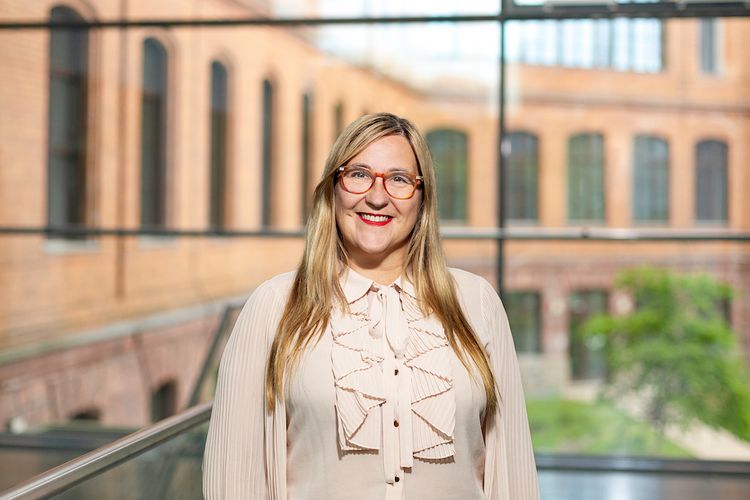Initiated and coordinated by Professor Ana Zenclussen, the project is currently in grant negotiations and is funded by the European Commission’s HORIZON-HLTH-2023-ENVHLTH-02A programme in its environment and health section. “We are taking an ambitious, multidisciplinary approach that addresses the urgent need to investigate the consequences of exposure to EDCs and provide evidence for regulatory authorities and the public,” says Ana Zenclussen. This information could help to promote health-conscious behaviour and potentially generate significant savings for European health systems.
In a world where we are exposed to a wide range of chemicals on a daily basis, it is crucial that we understand how these substances can affect our health. EDCs are particularly insidious as they can disrupt hormonal processes in the body. ENDOMIX will investigate the associations and causality between EDCs and adverse health outcomes as well as the underlying mechanisms.
A key aspect of the project is to look at exposure across our lifespan and identify windows of time when the body is particularly vulnerable to the effects of EDCs. Researchers will use existing data from several European cohorts to decipher the effects of EDC mixtures on the immune system. A key research objective is to develop biomarkers and exposure patterns that indicate health problems and can be easily measured. The latest high-throughput bioassays and innovative models will be used. A key component of ENDOMIX is that it will link in vitro, in silico and in vivo data in order to strengthen causal conclusions. Artificial intelligence will be used to create knowledge graphs and help us to gain a deeper understanding of the health effects of EDCs.
The project brings together an impressive consortium of eleven research partners from across Europe. “Together, we are about to embark on an innovative journey that will not only deepen our understanding of EDCs, but also strengthen the foundations for the health of future generations,” says Ana Zenclussen.
Professor Ana Zenclussen is head of the Department of Environmental Immunology and coordinator for the topic of perinatal exposure to chemicals that have effects on pregnancy and birth at the Helmholtz Centre for Environmental Research (UFZ) and a professor in the Faculty of Medicine at Leipzig University.































































